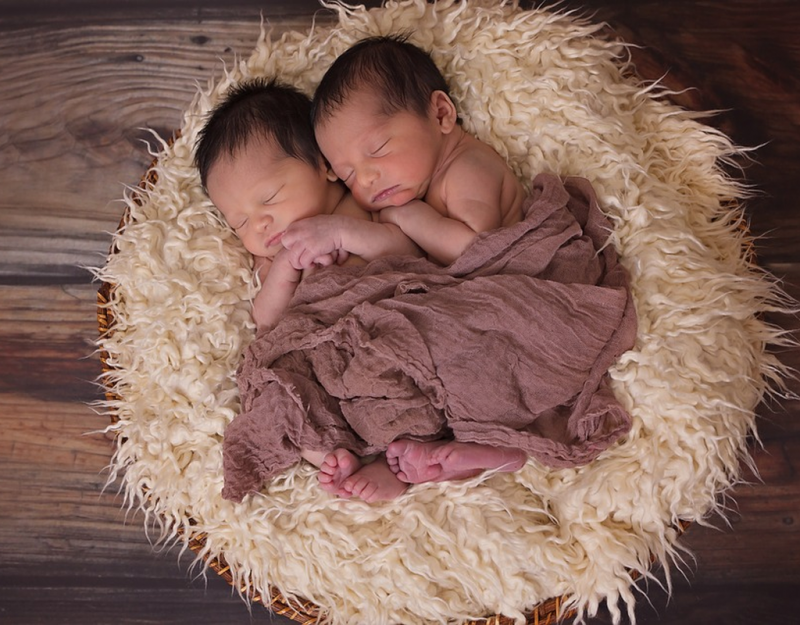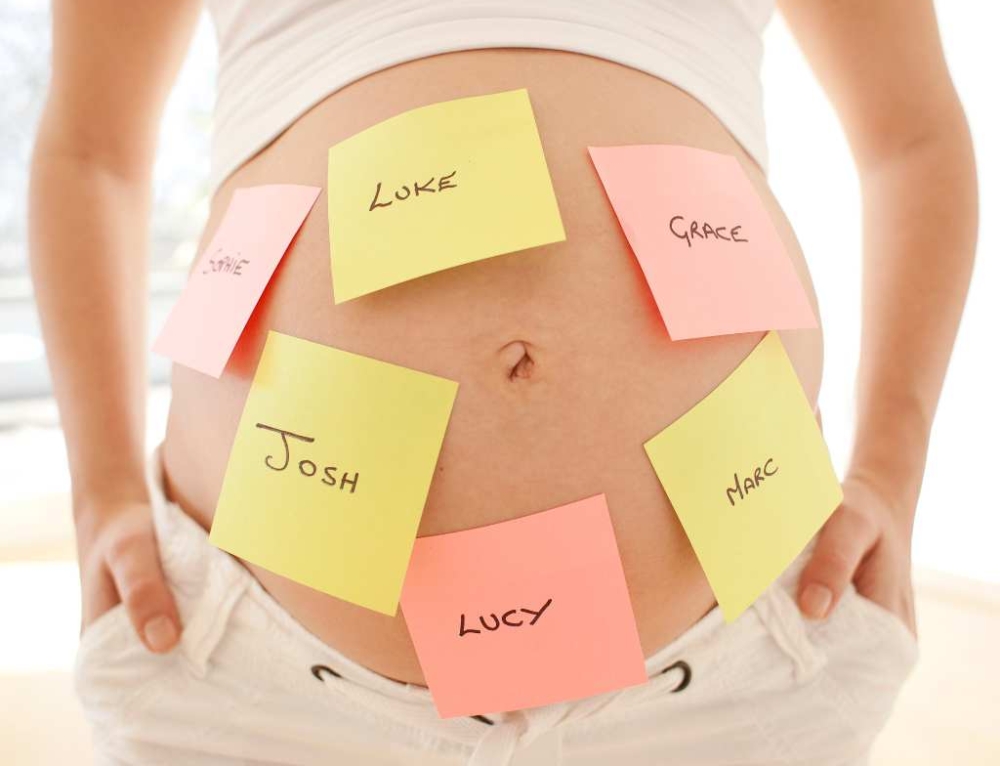The discovery that you are carrying twins usually comes at your first abdominal ultrasound (7-8 weeks gestation) – a far cry from our parents’ generation, when as many as 50 per cent of women did not know they were carrying twins until they were born.
As you’ll find here, there isn’t necessarily a stark difference when carrying twins. Common complaints may be more exaggerated, and you may need to modify your lifestyle more and perhaps stop work earlier than anticipated. Multiple pregnancies will often be a bit more involved, with more tests and medical interventions.
Multiple births are happening more commonly than they once were. This is due to a number of factors:
Older Mums
With many women waiting until they are well into their 30s before even thinking about conceiving, multiple births are on the increase. Blame hormones! Women in their 30s and 40s have higher levels of the sex hormone, oestrogen, than younger women – making their ovaries more likely to produce one egg at a time.
For some older mothers, though, conception can only come about with the help of assisted reproductive techniques such as IFV. These techniques can increase the chances of multiple births. Twins make up around 90 per cent of multiple births.
The greater the number of pregnancies a woman has already had, the higher her odds of conceiving twins. For women under 20 years of age the incidence of conceiving non-identical twins is about 3 per 1000 births (0.3 %). For women in the 35 to 40 years age bracket, the incidence increases to about 14 per 1000 births (1.4%). If you are over the age of 40, be aware that the incidence declines again.
Heredity
Are you a fraternal twin? Or do you have fraternal twins siblings? If so, you are more likely to conceive fraternal twins of your own.
Identical Twins
This occurs when one fertilised egg splits and develops two babies – each containing exactly the same genetic information.
Fraternal Twins
When two eggs are fertilised by two sperm and produce two genetically unique children they are called fraternal twins. Twins are more likely to be female (50.3 percent) than they are to be male.
Being the mother to twins (or more) will be busy but, as with any motherhood experience, full of plenty of very rewarding fun times too.
Be sure to seek support if you need it and don’t be afraid to ask family and friends for help in the lead up to, and the days after the birth of your babies.
Join Kidspot Social and talk to other mums who may be Expecting Twins. Join up and meet mums like you today.
Multiples NZ has support groups all over New Zealand.
This article was written by Claire Halliday for Kidspot.







Leave A Comment
You must be logged in to post a comment.